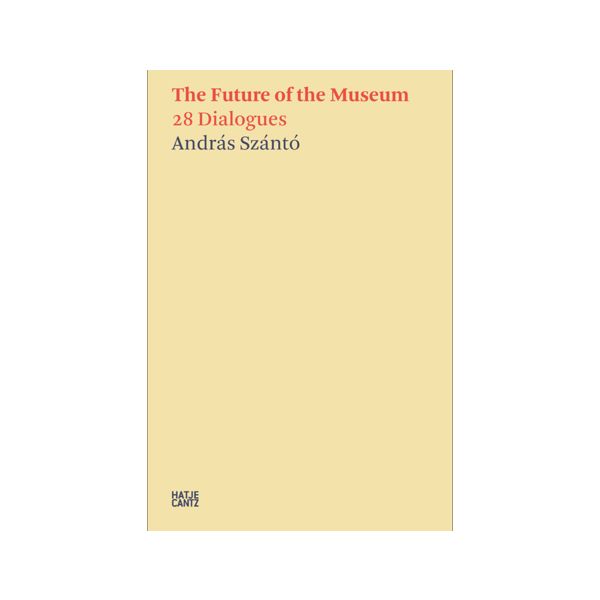The Future of the Museum: 28 Dialogues
London, October, 22nd 2020 - As museums shuttered during the 2020 novel-coronavirus
pandemic, New York-based author and cultural strategist András Szántó conducted a series
of virtual conversations with international museum leaders. At this pivotal moment, the
directors spoke candidly about the challenges and untapped potential of art museums.
What emerges from the 28 dialogues-all conducted during the global pandemic, between May
and August 2020-is a composite portrait of a generation of museum leaders working to move
away from old models and make art institutions more open, inclusive, experiential, culturally
polyphonic, technologically savvy, attuned to the needs of their communities, and engaged in
the defining issues of our time. Today's institutions are transforming into places of gathering,
community, and debate, expanding their role well beyond the traditional functions of the art
museum.
From Cape Town to Moscow to São Paulo to Singapore
Marion Ackermann (Staatliche Kunstsammlungen Dresden), Cecilia Alemani...





 $25.00
$25.00